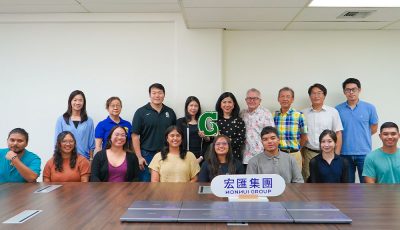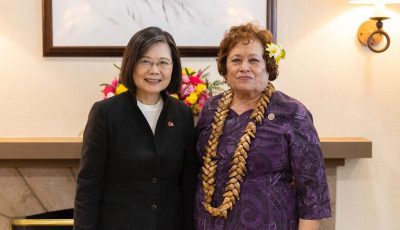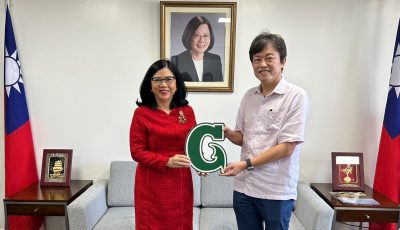Eucon launches new hospitality program
An international school in the CNMI is joining forces with a Taiwanese university to create a program that will churn out qualified workers in response to the islands’ labor shortage problem.
Eucon International University, in partnership with Taiwan’s Ching Kuo University, has opened its doors to those looking for ways to enhance their skills through vocational training targeted for local residents.
According the Eucon, they will be offering programs to train individuals in skills that could benefit the island economy, with introductory classes starting yesterday at the Eucon Medical Health Service Center.
“We want to train people interested in professional training to allow them to contribute to the local workforce. The training would be focused on hospitality which, once finished, would be able to provide services to hotels, restaurants, and even their own businesses,” said Eucon president Dr. Christian Wei.
Besides the hospitality training, there will also be home care training, which is similar to a caregiving course.
“As we know, we are faced with aging societies all over the world but there are not enough professional caregivers in this area,” said Wei.
For foreign students, the program costs about $800 to enroll. For local residents, enrollment is free but they would have to provide a deposit of $100, which would be returned to them once they complete the program.
“[Students] would get a certificate. The certificate, in some aspects, is very important because it proves that the bearer has undergone professional training. The Taiwanese government would also be able to endorse the certificate,” said Wei.
According to Wei, international teachers from mainland China and Taiwan would serve as instructors.
Wei believes that enrolling in Eucon gives students an edge because Eucon would fully support the student.
“We want to follow up. Not only do we want to help them earn a certificate, but we would also help them become an entrepreneur. We would invest in our students so that they would be successful and contribute to the community,” said Wei.
“They already have the skills and training. They can just put a stand out, serve tea and other goods, and possibly earn. …We are trying to help [the students]. If they [respond positively], they would be successful,” he said.



























